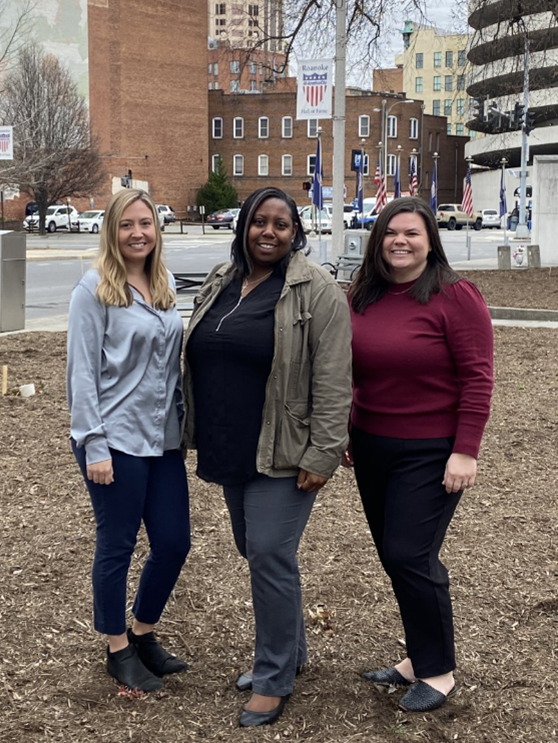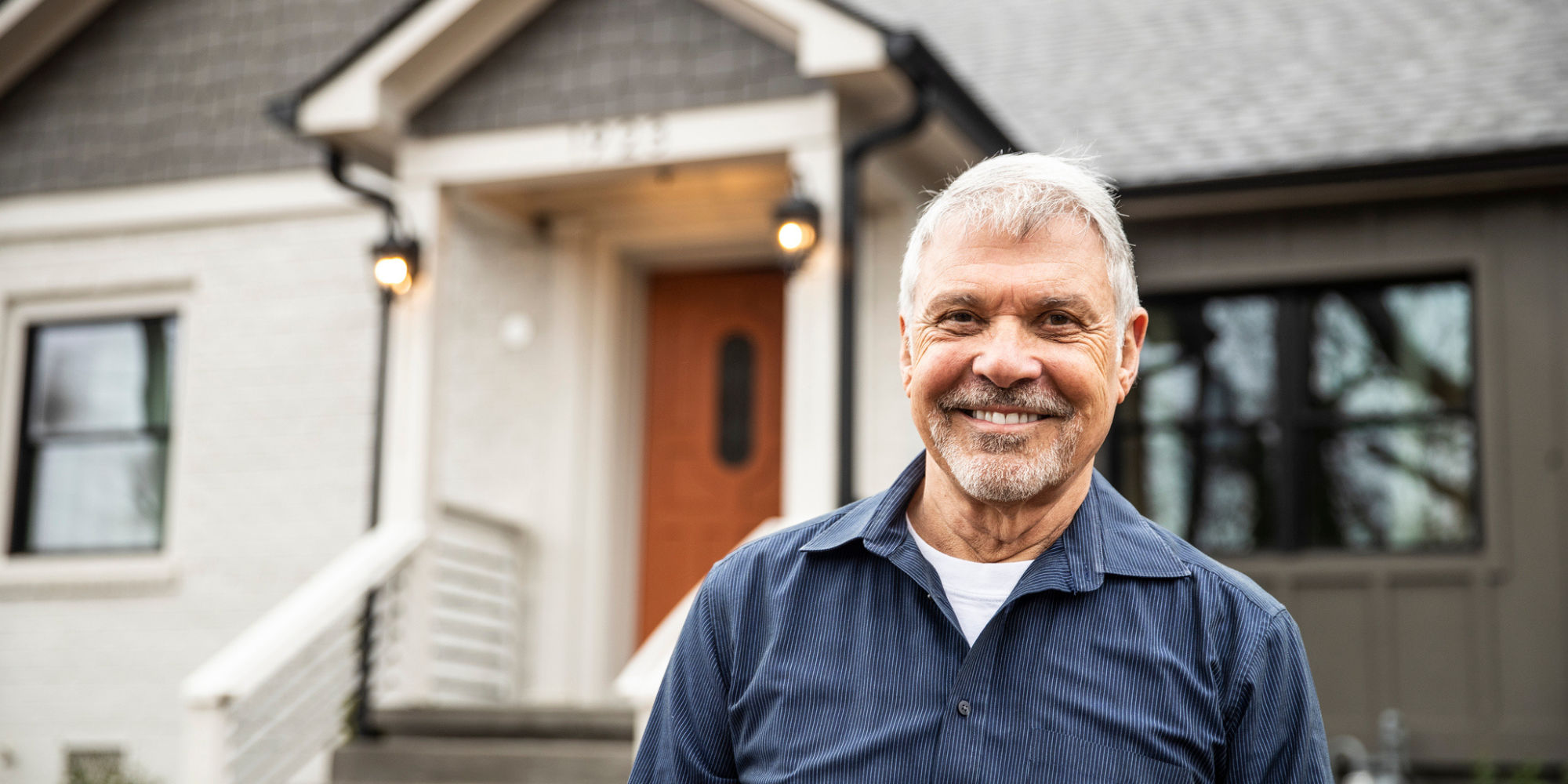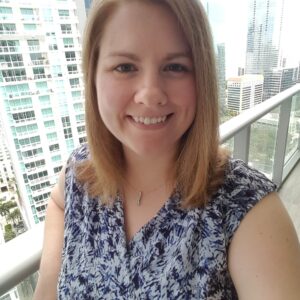Measuring the success and efficacy of health-promoting policies can be difficult given the challenging nature of structural change. Oftentimes, most are unaware of just how much time and effort goes into shaping these outcomes. As leaders continue to advocate for healthier housing, it’s important to acknowledge and celebrate just how much progress has been made; specifically, in Roanoke, Virginia, where leaders have been working tirelessly for years to promote healthier homes – and now they’re seeing the fruits of their labor.
“What’s happening on the ground in Roanoke is a real testament to the power of dedicated and coordinated coalitions, listening to the community, and leveraging political buy-in and support.”
Dr. Robert Blaine, Senior Executive and Director of NLC’s Institute for Youth, Education, and Families
City leaders in Roanoke have made a committed effort to the implementation of the Healthy Homes Roanoke program – a program designed to assess and mitigate the health hazards in homes.
At the beginning of 2022, the program received a $2 million Healthy Homes Production Grant from the U.S. Department of Housing and Urban Development (HUD). The city-wide effort had the backing from the City Manager and Council. This specific grant is designed to address a number of housing hazards, including that from lead paint.

Healthy Homes Roanoke was informed by several analyses designed to assess existing gaps and community needs, the current state of the housing stock, and available communal resources. Roanoke leaders have worked closely with and leaned on resources from local hospitals, non-profits like the Virginia Clinicians for Climate Change and the Green & Healthy Homes Initiative to conduct these studies.
The city has also been intentional about cross agency collaboration to assist with the effective implementation of the Healthy Homes program. For example, the Healthy Homes Team relies heavily on the Code Enforcement Team to identify homes that may benefit from the program. Leaders of the program also work closely with Lead Safe Roanoke to help with educating and raising awareness for the Healthy Homes program to a wider network of community members and advocates alike.
Additionally, Roanoke leaders and city agencies have made a concerted effort to regularly attend community meetings where residents and tenants can openly express their needs and concerns, which are used to inform the work being done at the city level. Roanoke also hosts quarterly steering committee meetings to keep up with grant progress, identify new stakeholders, discuss roadblocks and unintended consequences, and explore solutions that can further benefit and empower the community (feedback from these meetings are taken back to local city agencies).
“The collaboration between rehab partners and community organizations continue to preserve our community and make Roanoke a healthier and safer place to live. The City of Roanoke is committed to continuing its investment in Healthy Homes Roanoke and the holistic approach to housing rehab.”
Roanoke’s Assistant City Manager Chris Chittum
What Roanoke has demonstrated is just how effective creating feedback loops are in ensuring the community is at the heart of healthy housing work. Their work has also emphasized the level of intentionality needed to adequately address communal needs. NLC’s Healthy Housing team is eager to continue to support the great work happening in Roanoke, Virginia, and we hope to continue backing other cities who may be interested in the Local Action Challenge. For more information on the programs and happenings Roanoke is pursuing to promote healthier housing, please visit their website and Facebook page.
Get more information
The National League of Cities’ Healthy Housing Local Action Challenge helps municipal leaders address housing hazards to improve the quality of life for their residents. If your municipality is interested in participating in the challenge, you can learn more here. For additional questions or more information, email healthyhousing@nlc.org.
HUD’s Office of Lead Hazard Control and Healthy Homes: At the beginning of 2023, HUD made available $403 million for the Lead Hazard Reduction grant program. Grants are for evaluating and mitigating threats from lead-based paint hazards in privately-owned pre-1978 housing that is not receiving federal assistance (the residents may have housing choice vouchers, however), as well as for identifying and controlling additional housing-related health and safety hazards in those homes; outreach, training, and related work are eligible activities. For more information, visit the following webpage. For the application for this grant, click here. Applications close date has been extended until May 2, 2023, at 11:59 pm EST.


